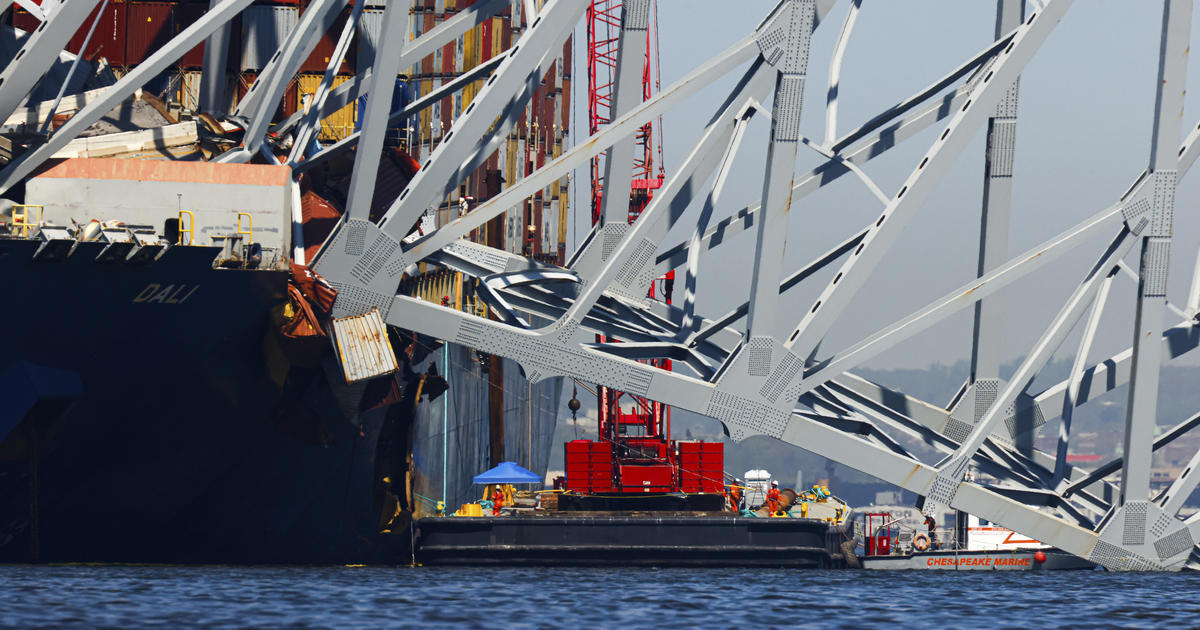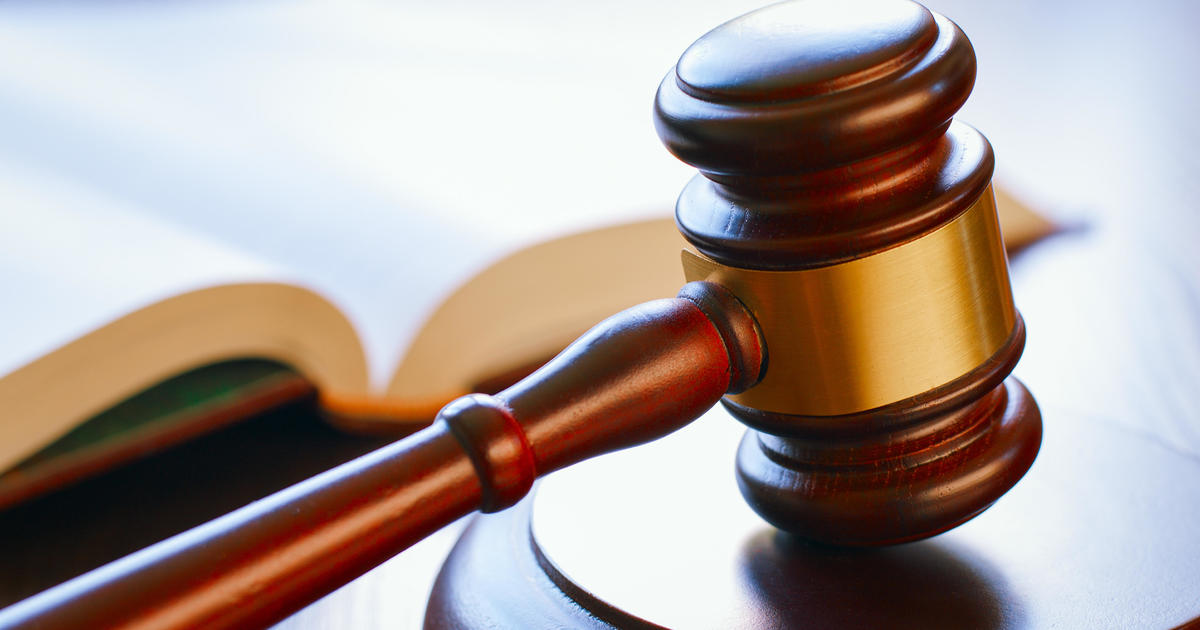Army Private Offers Lesser Plea In WikiLeaks Case
By DAVID DISHNEAU
Associated Press
FORT MEADE, Md. (AP) -- A U.S. Army private charged with sending mountains of classified documents to the secret-spilling website WikiLeaks has offered to plead guilty to reduced charges in a move that military justice experts on Thursday called surprising and potentially pointless.
The unilateral offer, if accepted by the military judge, would still leave the government free to prosecute Pfc. Bradley Manning on the original 22 counts, including aiding the enemy. That means even with the plea offer, he could still face life in prison.
Prosecutors could choose not to put Manning on trial for those more serious charges, but "I find it hard to imagine that happening in this case," said Eugene Fidell, a former Coast Guard judge advocate who teaches military law at Yale. "The government has had a very long time to conduct extensive investigations and presumably has its evidence ready to roll."
The judge, Army Col. Denise Lind, didn't say when she would rule on the offer that defense attorney David Coombs revealed Wednesday during a pretrial hearing. Manning would acknowledge he sent WikiLeaks hundreds of thousands of classified Iraq and Afghanistan war reports and State Department diplomatic cables, but wouldn't plead guilty to aiding the enemy or to violations of federal espionage and computer laws.
It is the first indication that the 24-year-old intelligence analyst will publicly acknowledge he leaked the records. The government regards the leak as a national security breach. But anti-secrecy advocates, including Pentagon Papers leaker Daniel Ellsberg, say Manning is a hero. He has been in custody since his arrest in Iraq in May 2010. He is currently in pretrial confinement at Fort Leavenworth, Kan.
Coombs also said Wednesday that Manning has chosen to be tried by a military judge, not a jury. His six-week trial is scheduled to begin Feb. 4.
The plea offer, if accepted, could shorten the trial because the government wouldn't have to spend time proving Manning actually leaked the documents, said Washington attorney Michael Navarre, a Navy judge advocate and adviser to the National Institute of Military Justice, a nonprofit, public-education group.
Navarre said a guilty plea could also lead the judge or sentencing jury to view Manning in a favorable light.
"One of the goals of accepting responsibility is to curry favor," Navarre said.
The hearing continued Thursday on a defense request to have the case dismissed because Manning has not been given a speedy trial. It's been two years and five months since Manning's arrest. His arraignment came 635 days later, far in excess of the 120-day rule. Coombs contends military commanders rubber-stamped all prosecution requests for delays and improperly excluded other periods from the speedy-trial clock.
Army Col. Carl Coffman Jr., who approved those early delays, testified for the prosecution that they reflected the sensitive nature of the material Manning was accused of leaking. Defense psychiatric experts had to gain security clearances, and classified documents containing possible evidence had to be reviewed by their originating agencies, Coffman said.
He said those measures were meant to ensure that the proceedings were fair and thorough.
"We considered the rights of the accused from the beginning," Coffman said.
The speedy trial issue will be litigated further at upcoming hearings.
(Copyright 2012 by The Associated Press. All Rights Reserved.)



